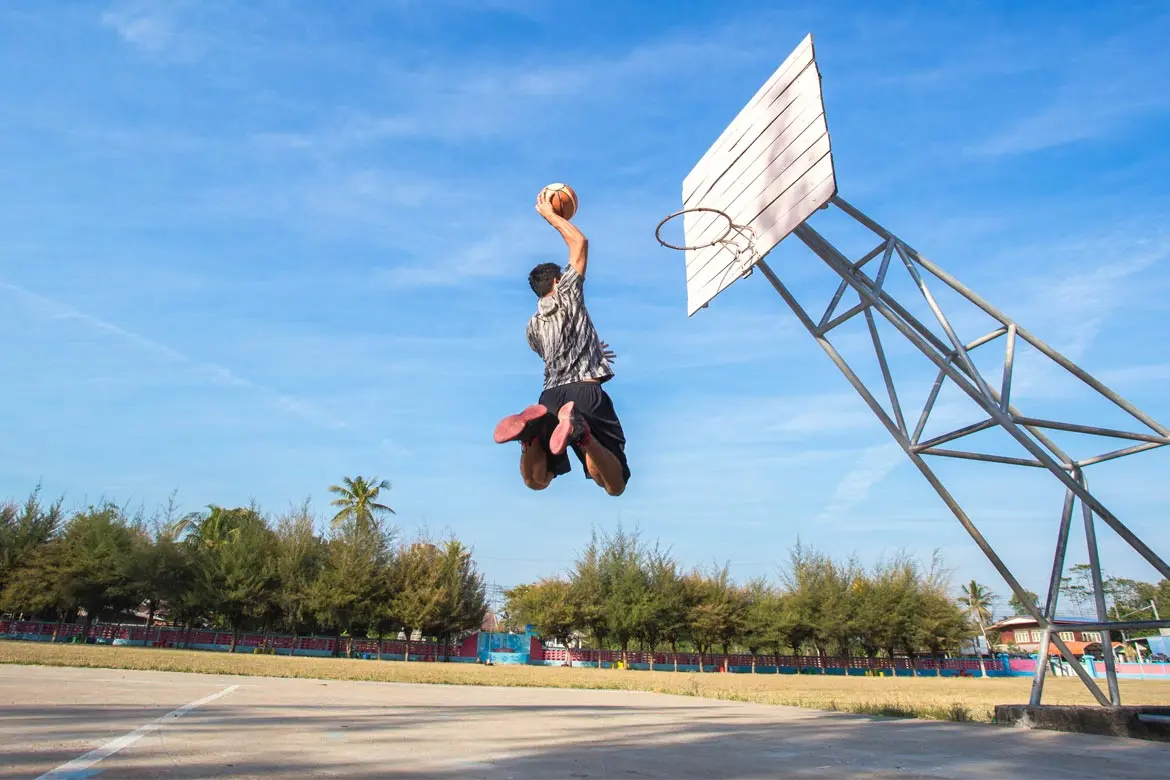Dr Cheung Tin Lung Alan
Orthopaedic Surgeon


Source: Shutterstock
Orthopaedic Surgeon
A torn meniscus is one of the most common injuries of the knee. The knee meniscus is a cartilage that protects the knee by cushioning it against impact and stresses. A torn meniscus can severely impair your daily movement and activities. As the meniscus has a function to protect the joint cartilage, left untreated, the tear can worsen and lead to early onset of arthritis.
Tearing of the meniscus can occur with forceful twisting of the knee from sudden pivoting or turning movements. This frequently occurs during contact sports such as soccer, or in sports requiring sudden changes in movement such as basketball and tennis. Deep squatting or kneeling, especially while lifting heavy objects, can also lead to a torn meniscus.
Among older adults, degenerative changes in the knee can lead to tearing of the meniscus. The daily wear and tear of the meniscus causes it to become less resilient and more prone to damage.
A torn knee meniscus can manifest as any of the following:
A torn meniscus can lead to inability to participate in physical sports and exercise. Some may even experience difficulty in their day-to-day movements. If the injury is left untreated, there can be worsening of the meniscus tear and progression of knee damage. Over time, this may cause arthritis of the knee to develop at an earlier age.
It is advisable to see a doctor when you develop a knee injury that causes any of the following:
If you experience any of the above, consult an orthopaedic surgeon to evaluate your condition and understand your treatment options.